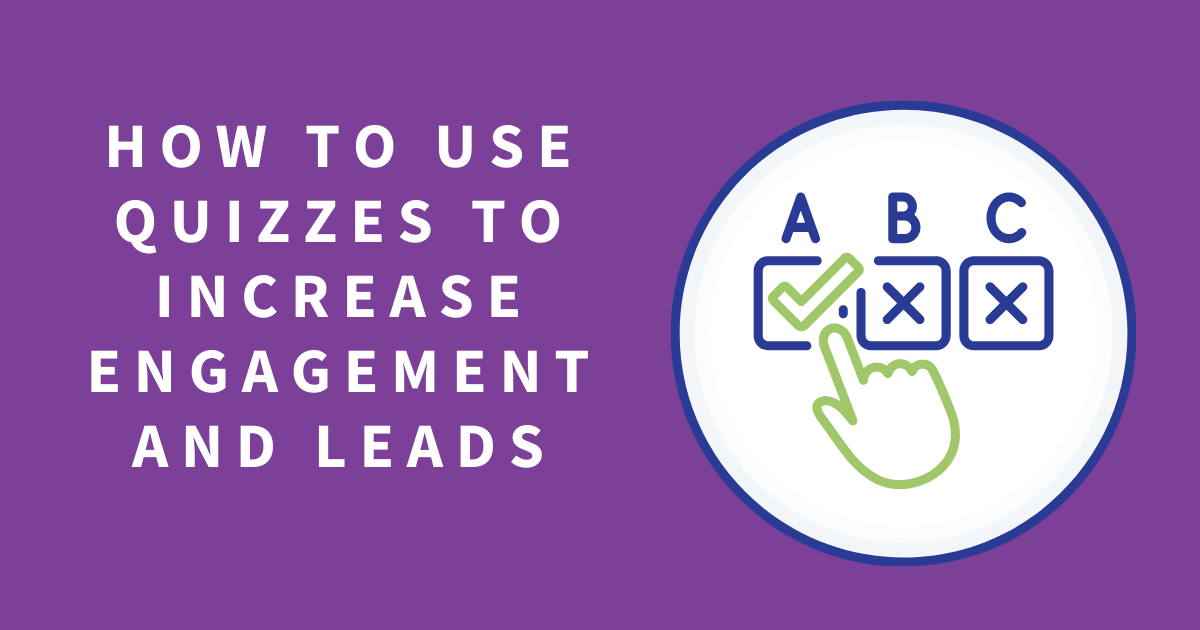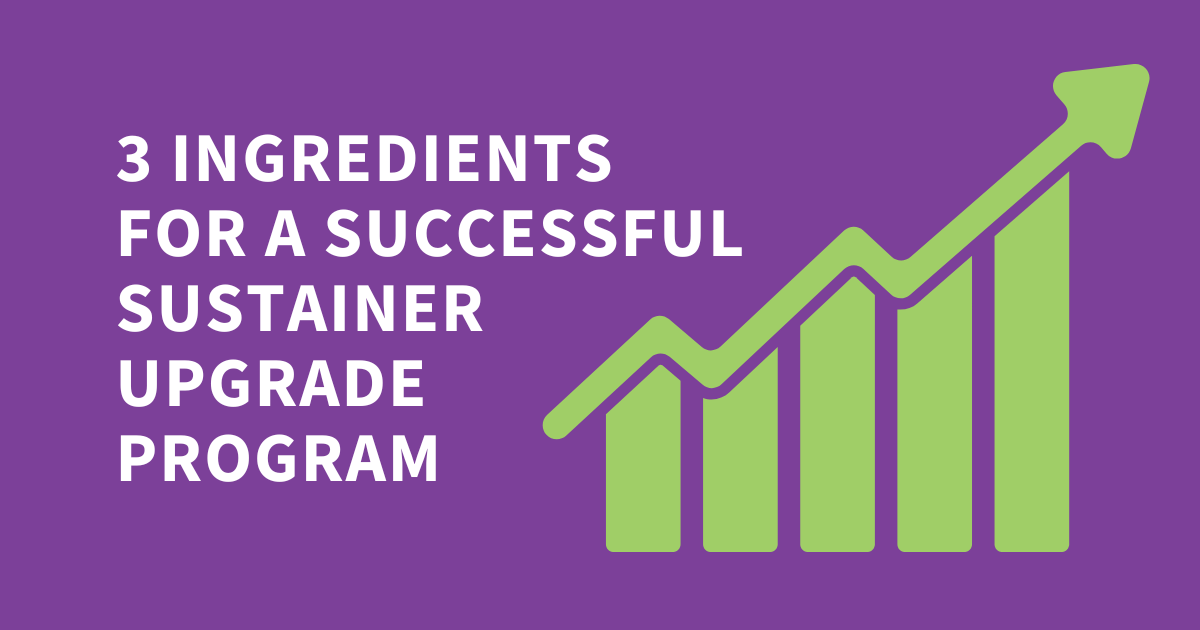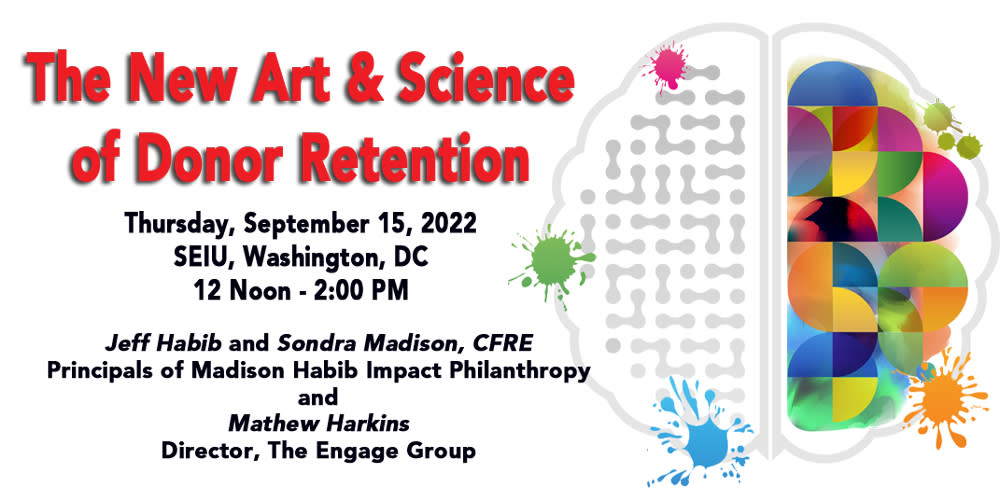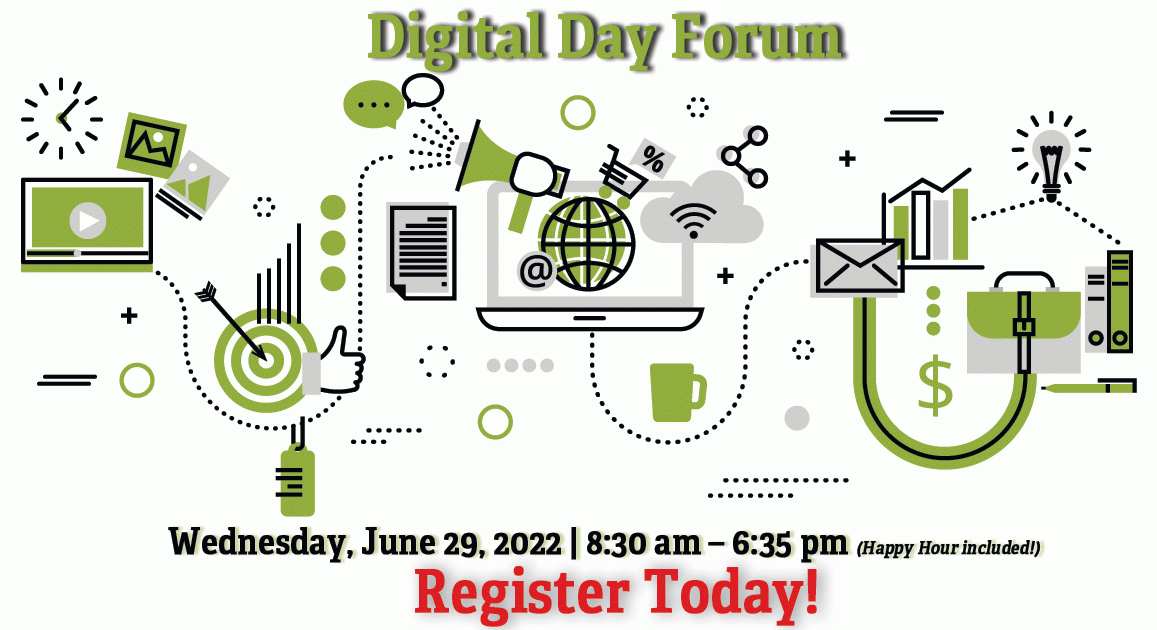Recommendation Engine as Quiz: Faster, Easier, and Fun

3 Ways to Build A Solid Membership Program
November 10, 2021A recommendation engine is a software program that analyzes user activity to make intelligent suggestions about what products users might be interested in. Thanks for that Webster’s. They’re also very complicated to build, requiring large investments of resources.
But if you can remove large portions of the machine learning that go into a standard recommendation engine and replace it with some manual path building, then you can easily get yourself a JavaScript-based quiz that functions as a recommendation engine for a fraction of the investment.
A quiz, with its multiple-choice nature, is an excellent way to build a recommendation engine. It’s also very easy to create with JS – we’ve done it and it functions well across platforms and websites.
Quizzes are flexible too – you can easily change the questions (inputs) and results (outputs) without having to go back into the JS. The specifics of your quiz are set out in HTML, and that is quite easy to manage, but the underlying structure for the functionality of the quiz, living in the JavaScript, remains untouched.
The Engage Group built such a quiz for DC public broadcasting station WETA, a long-standing client that had a specific request for a quiz tool to help promote engagement and retention for WETA Passport (the PBS streaming service). WETA thought through what they really wanted before bringing their request to The Engage Group: A branching quiz that would walk through a number of genres/scenarios/questions, eventually leading to a show recommendation with a clear call to action to watch or sign-up for Passport ($5 monthly or a $60 one-time gift).
To avoid frustrating or losing our participant on an irrelevant question or through too many questions, we kept it to just four. The quiz also had to be fun. Thankfully that was easy since we’re talking about binge-worthy TV shows.
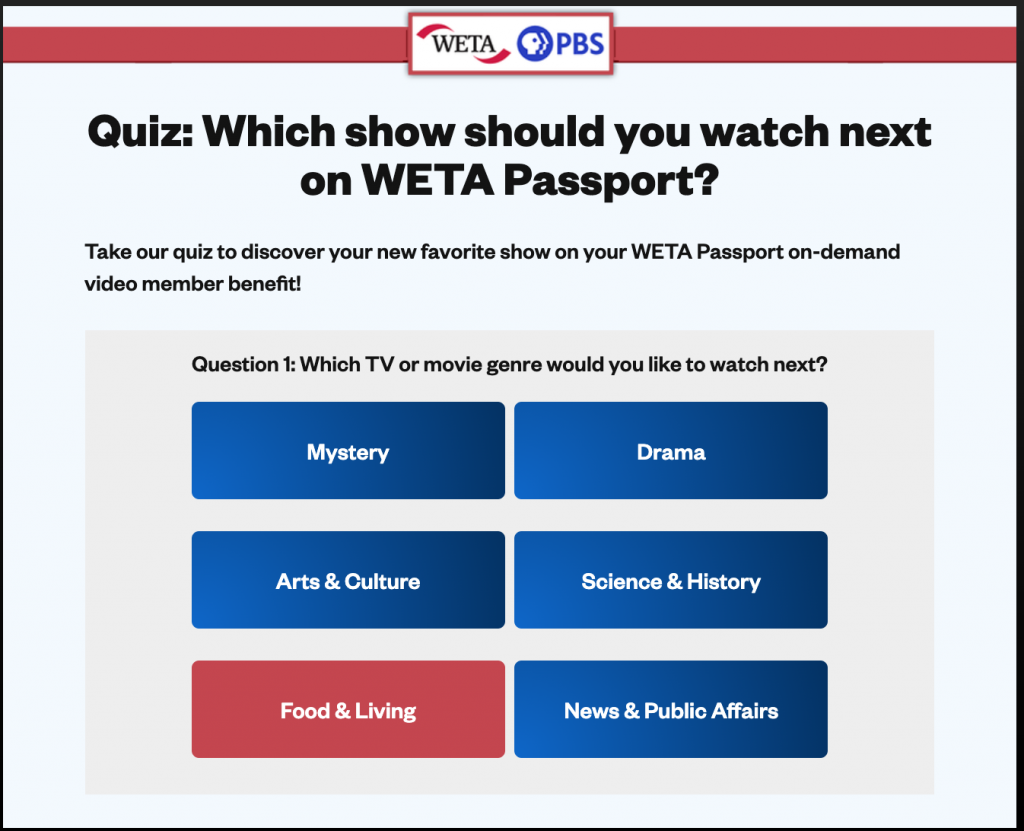
The Engage Group built this, tweaked it, and edited it some more. After launching earlier this year, WETA has had over 15,000 action takers on this quiz alone, with another 15K+ taking action across other quizzes built on this model. Engagement is up significantly and there is now an acquisitions version as well (requiring an email address to get results).
Quizzes that branch in certain directions can be used anywhere there’s content to engage users. Whether it’s pointing towards advocacy actions, or gifts in an online store, or even interesting facts to engage users, this quiz format can greatly drive engagement with and attention from supporters. In a time where our attention can be pulled in 10 directions in 10 minutes, it pays to have something that stands out, is memorable, and keeps calling people back to you.
If you want to learn more about quizzes and other cool engagement techniques, please contact us!

